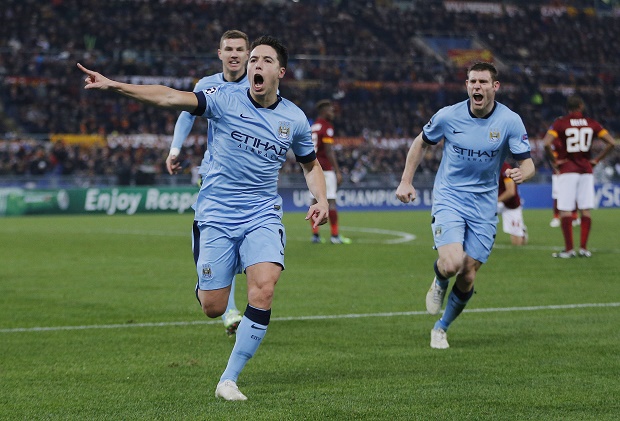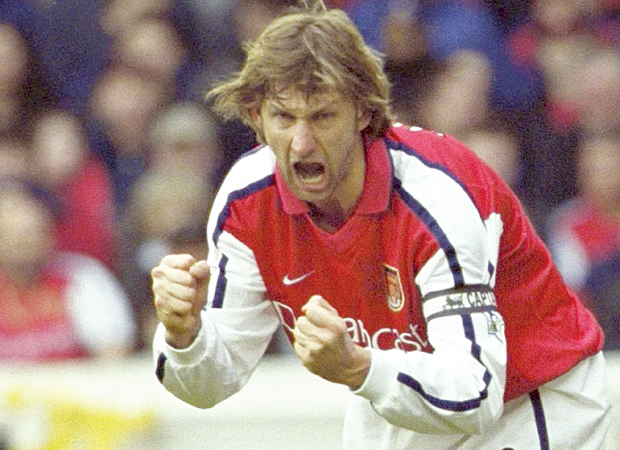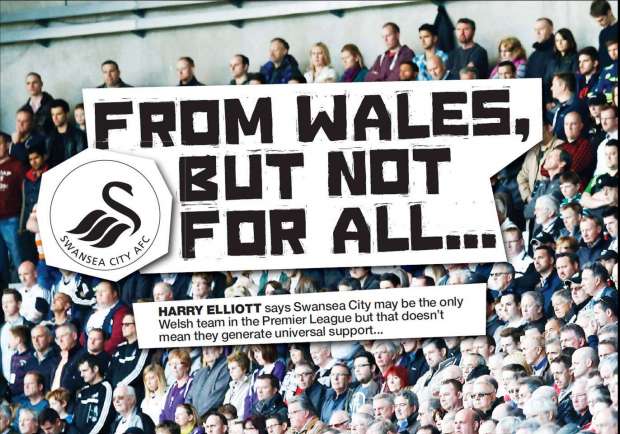 By Harry Elliot
By Harry Elliot
Swansea City are the only current Welsh representative of the Premier League. The season before last there was Cardiff City too, and south Wales was treated to its first derby in the upper echelons of world football.
One-season wonders Cardiff find themselves back in the Championship, so does this mean Swansea are Wales’ true representative? Have Swansea become Wales’ team and a symbol of Welsh national identity in a very English institution?
One’s identity is often formed as a binary, in opposition to a common “enemy”. In this case England seems a logical choice for Welshmen and women, certainly more so than distant Celtic brothers from Scotland and Ireland.
In fact when Cardiff City won the 1927 FA Cup, it was celebrated all over Wales (including Swansea) as a victory for the land of my fathers, for the Celtic dragon, over the Anglo-Saxon in her treasured football competition.
This kind of rhetoric, far from sensationalist, was used in Welsh newspapers after Cardiff’s 1-0 victory over Arsenal, and crucially headlined a Swansea-based publication.
Fast forward over 80 years to the Bluebirds’ 2008 FA Cup final loss to Portsmouth, and there was no mourning from outside Cardiff that “the English” had won. Outside of the Welsh capital, no one seemed to care, and in some cases even celebrated Pompey’s win.
Cardiff may have been backed by some neutral Welsh fans, but certainly not by the die-hards of Newport County and Swansea’s Jack Army. So what has changed?
Opposition fans are always unlikely to rejoice in their arch enemy’s successes; therefore the fact Cardiff fans are not represented by Swansea’s Premier League participation is almost irrelevant. What is rather more relevant is that amongst more neutral football supporters in Wales, Swansea have in recent times confirmed themselves as a favoured, or second team.
Many in Wales have a “soft spot” for the Swans since their accelerated climb from the bottom of the fourth tier to the Europa League.
For sure, this fame garners extra supporters, but more in this case because Swansea can be seen to be the embodiment of a nation, the first of its kind in the Premier League. Considering the globalised nature of the league, the implications for Wales are crucial.
In 1965, Wales played the USSR in a World Cup qualifier. One Soviet state newspaper labelled Wales “a small corner of England”, highlighting how the world could be accused of being unaware of even the existence of the proud Celtic nation.
Therefore, Swansea’s continued participation in the Premier League is good publicity for the entire nation, and reminds the rest of the world that Wales still exists, and has more than Tom Jones and daffodils to offer.
Now in their fourth season in the top flight, Swansea City are part of a larger (and gradual) shift within Wales, from a predominantly Rugby Union playing nation to a more balanced and diverse sporting country.
For example, the London 2012 Olympics saw a record number of Welsh athletes take part – 30, beating the record of 27 from 1908. Things are changing within Wales, and Welsh people are becoming more conscious of their identity. But where does Swansea City fit into all of this?
Realistically, Swansea City in the Premier League only represents the city of Swansea itself. Neutral and impartial fans within Wales may look out for the results of the Jacks, but the Swans certainly don’t fly the flag for the entire nation.
Wales, perhaps contrary to popular belief, is actually a seldom united nation. There is a distinction between the rural and urban, north and south, nationalists and non-nationalists.
Here it should be noted that Swansea City seem very distant from football fans in north Wales, who instead show fanatical support for the Merseyside giants, and to a lesser extent the Manchester clubs.
There is even a rivalry between the southern cities of Cardiff and Swansea themselves, extending as far as the Universities. One of the few times that Wales as a nation rises and joins together in unity is on match day.
In the 1970s this would have been rugby at the Arms Park. However, whilst rugby match days at the Millennium Stadium are important in forming Welsh national identity, now football matches are, too.
Wales look set to qualify for Euro 2016, and that could mark a real change in the role football plays as part of Welsh identity, as thousands of Welsh fans could descend on France cheering on the football team, rather than the rugby team.
Gareth Bale’s Red Dragons represent Wales, and not Swansea City, regardless of the glamour of the Premier League
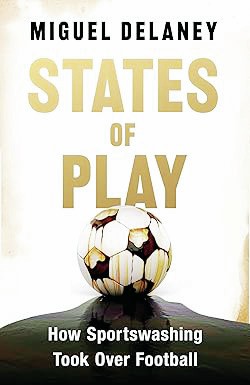



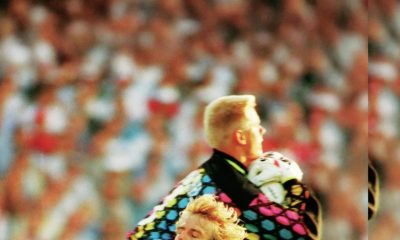




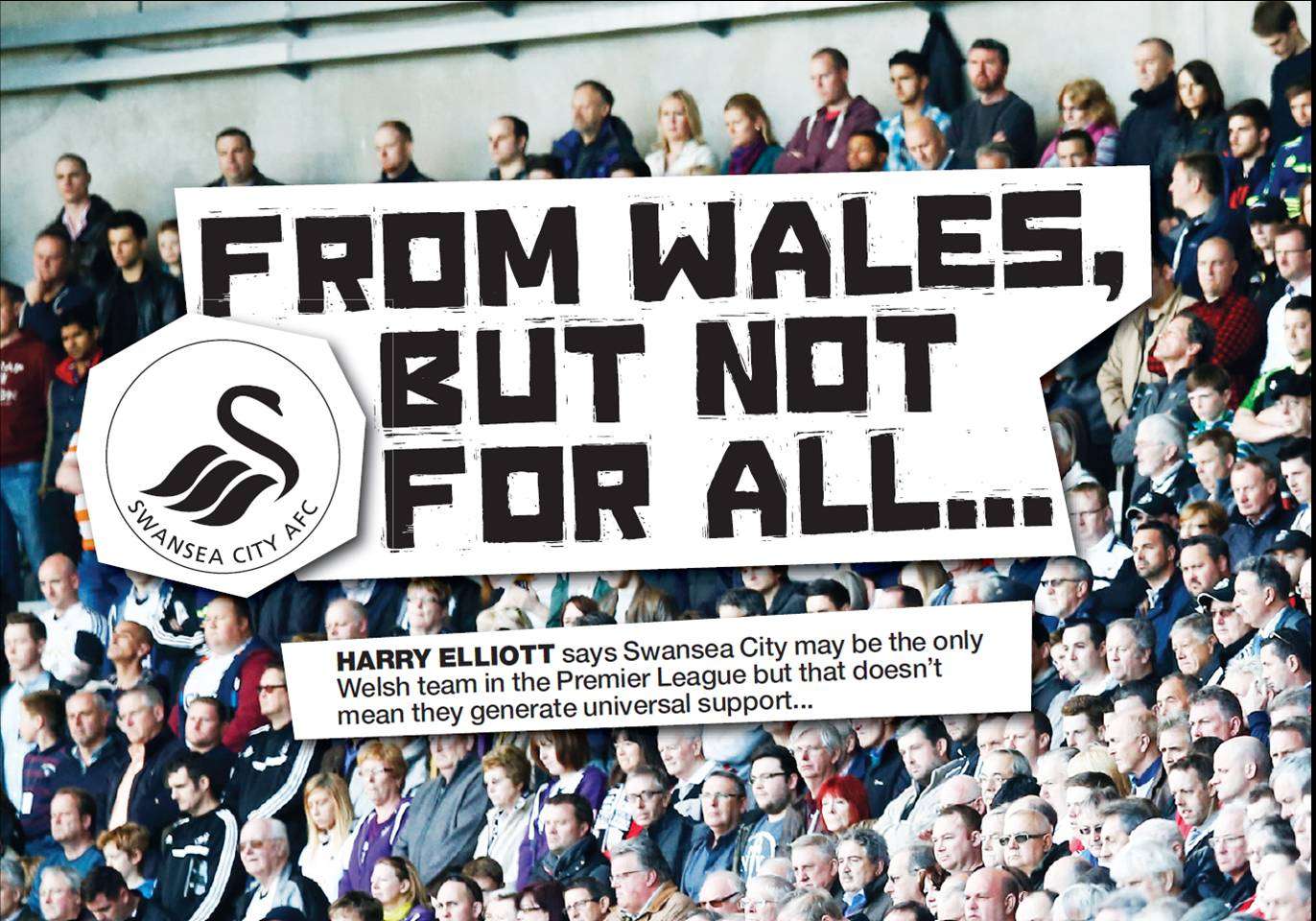
 By Harry Elliot
By Harry Elliot